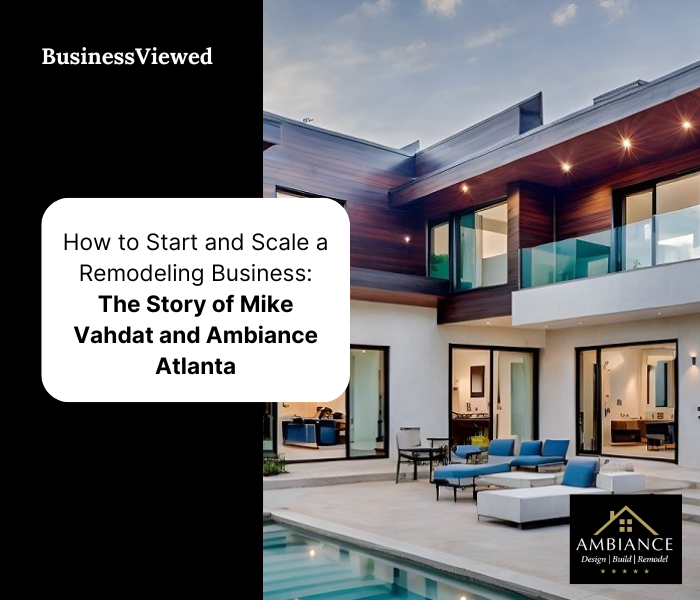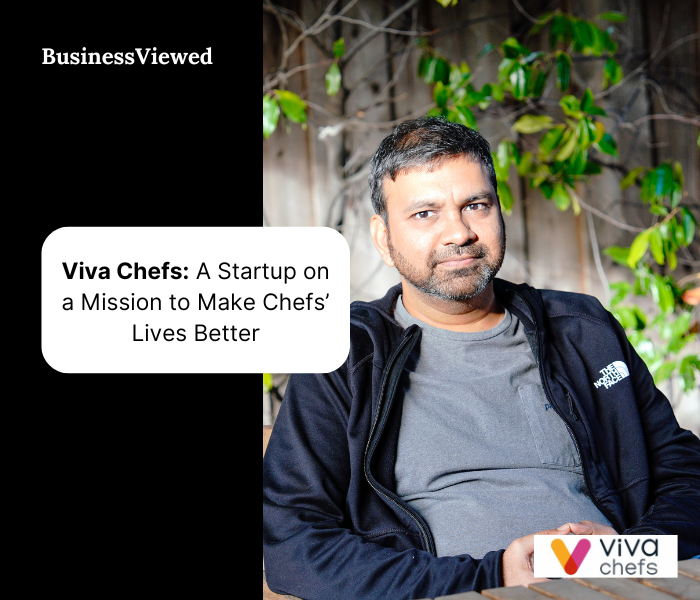From shoveling snow as an 11-year-old to running a successful marketing agency, Paul Conant’s entrepreneurial journey is a masterclass in resilience, adaptability, and humor. With decades of experience spanning industries and technologies, Paul shares his story of triumphs, setbacks, and his mission to help others succeed.
1. Paul, your journey started at a young age. How did those early experiences shape you as an entrepreneur?
I’ve been an entrepreneur before I even knew what the word meant. At 11, I was the go-to guy in the neighborhood—shoveling snow, mowing lawns, stuffing envelopes. I’d spot opportunities and dive right in.
My dad worked at Timex and brought home early computers like the Timex Sinclair and Commodore VIC-20. I spent hours tinkering, figuring out how things worked, and even dabbling in some harmless hacking. That curiosity and resourcefulness became the foundation of my entrepreneurial spirit. It taught me that no matter the challenge, there’s always a way forward if you’re willing to learn and adapt.
2. Starting a business is never easy. What challenges stand out in your journey?
It’s been a rollercoaster. One early challenge was convincing people my ideas weren’t crazy. In the ’90s, I started Gizoom as an online coupon directory—a concept way ahead of its time. Most people thought I was out of my mind and told me to stick with the Yellow Pages. Being ahead of your time can feel a lot like being wrong, but I stuck with it and learned to pivot when needed.
Another standout challenge was the flood of 1998. I lost $300,000 in inventory overnight. It was devastating, but standing in the wreckage, my dad asked, “What’s next?” I told him, “We open a lemonade stand.” That humor kept me moving. I sold what I could, pivoted the business, and rebuilt from the ground up.
Challenges like these taught me resilience. It’s not about avoiding setbacks but learning to adapt, pivot, and keep showing up no matter what.
3. How do you stay motivated when the going gets tough?
Motivation for me is about grit and humor. I remind myself why I started, focus on the next step—no matter how small—and keep going. When I lost my business in the 1998 flood, it was humor that helped me cope. Saying “We open a lemonade stand” wasn’t just a joke—it was my way of saying, “We’ll figure this out.”
During the pandemic, when my wife and I reopened her dental practice in Scottsdale, the challenges piled up. Patients weren’t showing up, and finances were tight. But we reminded ourselves why we were doing this—for our family, for our goals—and focused on small wins. Slowly, we turned things around.
Motivation isn’t about feeling great every day; it’s about showing up even when you don’t.
4. What advice would you give to new entrepreneurs?
Embrace the chaos but have a plan. Entrepreneurship is messy and unpredictable, but you don’t need all the answers upfront. Know your “why” and create a roadmap—even if you have to adjust it along the way.
Three things I wish I’d known earlier:
- Trust yourself but verify others. Always protect your business with contracts and due diligence.
- Fall in love with learning. Technology and markets evolve, so staying curious and adaptable is crucial.
- It’s not about avoiding failure. Treat every mistake as a lesson and adjust quickly.
Lastly, don’t skip the boring stuff like accounting and insurance. Trust me, learning the importance of flood insurance the hard way is no fun.
5. What’s been a proud moment in your entrepreneurial journey?
One that stands out is when my wife and I turned around a struggling dental practice in Fairfield, Connecticut. It was in rough shape when we took over, but we worked as a team, strategized, and built it into a $1.2 million-a-year business.
It wasn’t just about the numbers—it was about watching my wife grow into an incredible businesswoman and seeing our hard work pay off. That experience reinforced my belief in teamwork and resilience. It showed me what’s possible when you truly commit to making something work.
6. What’s your vision for Gizoom and the future?
My vision for Gizoom is to be more than just a consulting agency. I want us to be a trusted partner for entrepreneurs—a GPS for businesses, calmly recalculating when the road gets rough while keeping the destination in focus.
I see us championing innovation, helping businesses adapt to technologies like AI and digital transformation, and supporting sustainable growth. Ultimately, I want Gizoom to be synonymous with forward-thinking solutions, integrity, and even a little humor.
On a personal level, I aim to balance growing the business with being a present husband and father. Success isn’t just about work; it’s about living a life you’re proud of and helping others do the same.
7. What impact do you hope to leave through your work?
I want to empower people to believe in their ideas and show them how to turn those ideas into something real and impactful. A thriving local business doesn’t just help its owner; it strengthens communities, creates jobs, and supports families. If I can play a part in making that happen, I’ll feel like I’ve made a meaningful contribution.
On a broader scale, I want to shift how people think about entrepreneurship. It’s not just about hustling or grinding—it’s about solving problems, creating value, and doing it in a way that aligns with your values. If I can inspire others to embrace resilience, innovation, and integrity, that’s the legacy I want to leave behind.
Final Thoughts
Paul Conant’s entrepreneurial journey is a testament to resilience, adaptability, and the power of humor in navigating challenges. From floods to pandemics, he’s faced it all and emerged stronger, with a clear mission to empower others. To learn more about his work, visit Gizoom.



